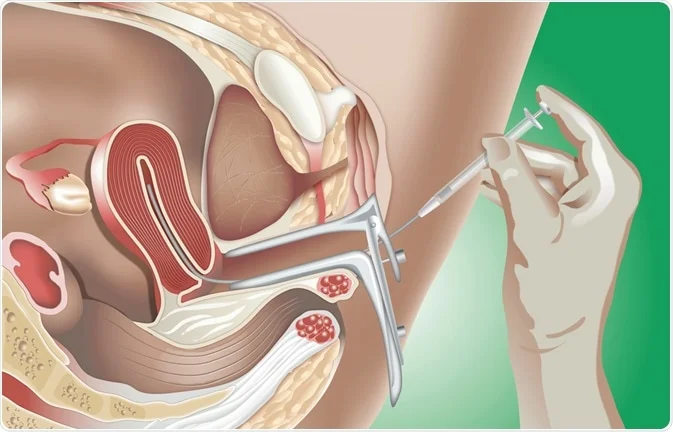If you’re diving into the world of prenatal vitamins, there’s a good chance you’re either thinking about pregnancy or just got the exciting news that you are pregnant. Congratulations! It’s natural to have questions, as pregnancy often makes us reconsider what we thought we knew about health and safety. At our blog, we frequently tackle questions about various exposures during pregnancy and breastfeeding, but one of the most common inquiries revolves around prenatal vitamins.
Many women wonder which brand of prenatal vitamins they should choose or whether their current brand is suitable. With a plethora of options available both over-the-counter and through prescriptions, it’s an important question. Kudos to you for doing your homework—you’re on your way to being an awesome mom!
Helpful Tips for Choosing Prenatal Vitamins
Before diving deeper, here are some essential tips to consider:
- Consult Your Healthcare Provider: It’s crucial to discuss your prenatal vitamin options with your healthcare provider. They’re familiar with your health history and can guide you effectively. This discussion will focus on prenatal vitamins tailored for healthy women; some individuals may need different nutrients due to medical concerns.
- Consider Prescription Options: Depending on your health insurance, it may be more straightforward and cost-effective to request a prescription for prenatal vitamins from your healthcare provider.
- Avoid Herbal Ingredients: Steer clear of prenatal vitamins that contain herbal ingredients. Herbal products often lack sufficient studies to confirm their safety during pregnancy and breastfeeding. Since they’re not regulated by the FDA, their quality can vary significantly. For further details on why herbal products should be approached with caution, check out one of our other blog posts on this topic.
Prenatal vitamins primarily consist of essential vitamins and minerals. While a balanced diet is the best way to obtain necessary nutrients, pregnant women often find that they need more than what food alone can provide. That’s where prenatal vitamins come in, helping to bridge the nutrient gap during this crucial time.
The Dietary Reference Intakes (DRIs) can guide how much of each vitamin or mineral you should aim to consume daily. Some vitamins and minerals also have a Tolerable Upper Intake Level (UL), which indicates the maximum daily intake that is likely to pose no risk of adverse health effects.
It’s essential to remember that prenatal vitamins shouldn’t be your sole source of nutrients. Therefore, it’s not necessary for your vitamin to provide 100% of the DRI, especially when considering your total intake from food and other supplements. DRI values may change based on age, gender, and pregnancy or breastfeeding status. If you have specific medical conditions, consult with your healthcare provider or a dietitian.
Key Vitamins and Minerals for Pregnancy
For women aged 19 and older, here are some essential vitamins and minerals commonly recommended during pregnancy, along with their DRIs and ULs:
- Iron: DRI: 27 mg, UL: 45 mg
- Calcium: DRI: 1,000 mg, UL: 2,500 mg (look for at least 250 mg in your supplements)
- Folic Acid (Folate): DRI: 600 to 800 mcg (at least 400 mcg should be in your prenatal vitamin)
- Iodine: DRI: 220 to 290 mcg, UL: 1,100 mcg (at least 150 mcg should be in your vitamin)
- Vitamin D: DRI: at least 15 mcg (600 IU), UL: 100 mcg (4,000 IU)
Additionally, pregnant women should ensure they are getting enough of:
- Vitamin A: DRI: 770 mcg, UL: 3,000 mcg (opt for beta-carotene for safety)
- B Vitamins: Includes B1, B2, B3, B5, B6, B7, B9 (already mentioned), and B12.
- DHA/Omega-3 Fatty Acids: While no defined DRI exists, aiming for 300 mg/day is suggested. Including fish in your diet is a great way to meet this need.
- Vitamin E: DRI: 15 mg, UL: 1,000 mg
- Vitamin C: DRI: 85 mg, UL: 2,000 mg
- Zinc: DRI: 11 mg, UL: 40 mg.
It’s recommended to begin taking prenatal vitamins before conception, with a minimum of folic acid daily. If you’re already pregnant, start as soon as you learn the news.
If you have any medical conditions such as diabetes, celiac disease, or a history of bariatric surgery, make sure to discuss your nutritional needs with your healthcare provider.
Now that you’re equipped to read prenatal vitamin labels, you can confidently choose the right one for your needs, with guidance from your healthcare provider. Remember, pregnancy is a wonderful journey filled with joy, and we’re here to support you with the most accurate information available.
Summary
In summary, prenatal vitamins are vital for supporting the health of both mother and baby during pregnancy. Consult with your healthcare provider to select the best option for you, focusing on essential vitamins and minerals. For more information on pregnancy and home insemination, this is an excellent resource. If you’re looking for tools to assist in conception, check out this informative kit as well.

